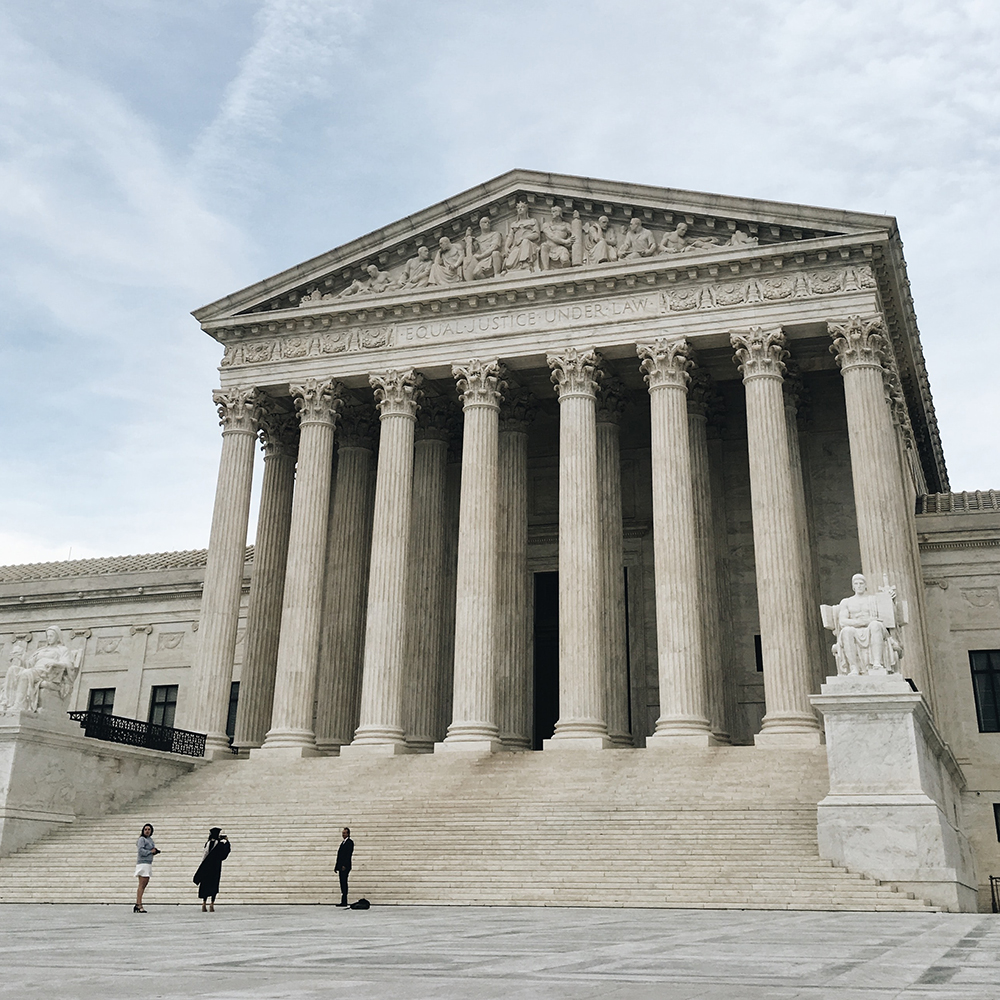There was no clear-cut verdict in the decision with the justices offering different opinions on the two-pronged argument brought by the National Pork Producers Council and the American Farm Bureau Federation. Attorneys for the NPPC and AFBF argued Prop 12 violated the “dormant commerce clause” and imposed more cost on producers than benefit for consumers, using Pike v. Bruce Church as their benchmark.
NPPC President, Scott Hays, issued a statement after the ruling was announced indicating his displeasure and suggesting the ruling would lead to more consolidation of pork production. “We are very disappointed with the Supreme Court’s decision. Allowing state overreach will increase prices for consumers and drive small farms out of business …”
The decision leaves pork producers around the country with a difficult choice: comply with Prop 12 or don’t sell pork in California.
Passed in 2018, Prop 12 requires pork producers wishing to sell their products in California to abide by housing and other husbandry rules that include communal penning or providing each sow on their farm with at least 24-square feet of pen space without touching either the sides of the pen or another animal. Prop 12 also includes housing requirements for chickens which have already been widely adopted and were not at issue in the court case.
Justice Neil Gorsuch wrote the opinion for the court on the dormant commerce clause opinion – suggesting previous court rulings did not prohibit state laws that “have the practical effect of controlling commerce outside the State.”
Justices Gorsuch, Clarence Thomas, and Amy Coney Barrett also rejected the Pike argument. In the opinion, Gorsuch asked, “How is a court supposed to compare or weigh economic costs (to some) against noneconomic benefits (to others)?” The opinion suggested the NPPC and AFBF have the ability to lobby Congress for a legislative fix to Prop 12 if it “really does threaten a ‘massive’ disruption of the pork industry.”
Justices Sonia Sotomayor, Elena Kagan, Samuel Alito, Brett Kavanaugh, Ketanji Brown Jackson, and Chief Justice John Roberts all dissented in full or in part to the opinion issued by Gorsuch, Thomas, and Barrett.
Roberts’ opinion on the Pike portion of the argument was the most measured. Roberts noted attorneys for the NPPC and AFBF alleged an industry wide cost of up to $348 million to retrofit penning facilities to accommodate the rules of Prop 12. If those costs were borne out, his decision would have been to send the case back to the state court of appeals to determine if the alleged costs outweighed California’s enforcement of the law.
Kavanaugh also issued a separate opinion on questions that arose during oral arguments related to punitive state laws. Kavanaugh called Prop 12 an attempt by California to “unilaterally impose its moral and policy preferences for pig farming and pork production on the rest of the Nation” and added the law “undermine(s) federalism and the authority of individual States by forcing individuals and businesses in one State to conduct their farming, manufacturing, and production practices in a manner required by the laws of a different State.” He suggested it “could provide a blueprint for other States” to pass laws to suit their own policy preferences and impose them upon other states throughout the U.S.
Learn more about Prop 12 here:

